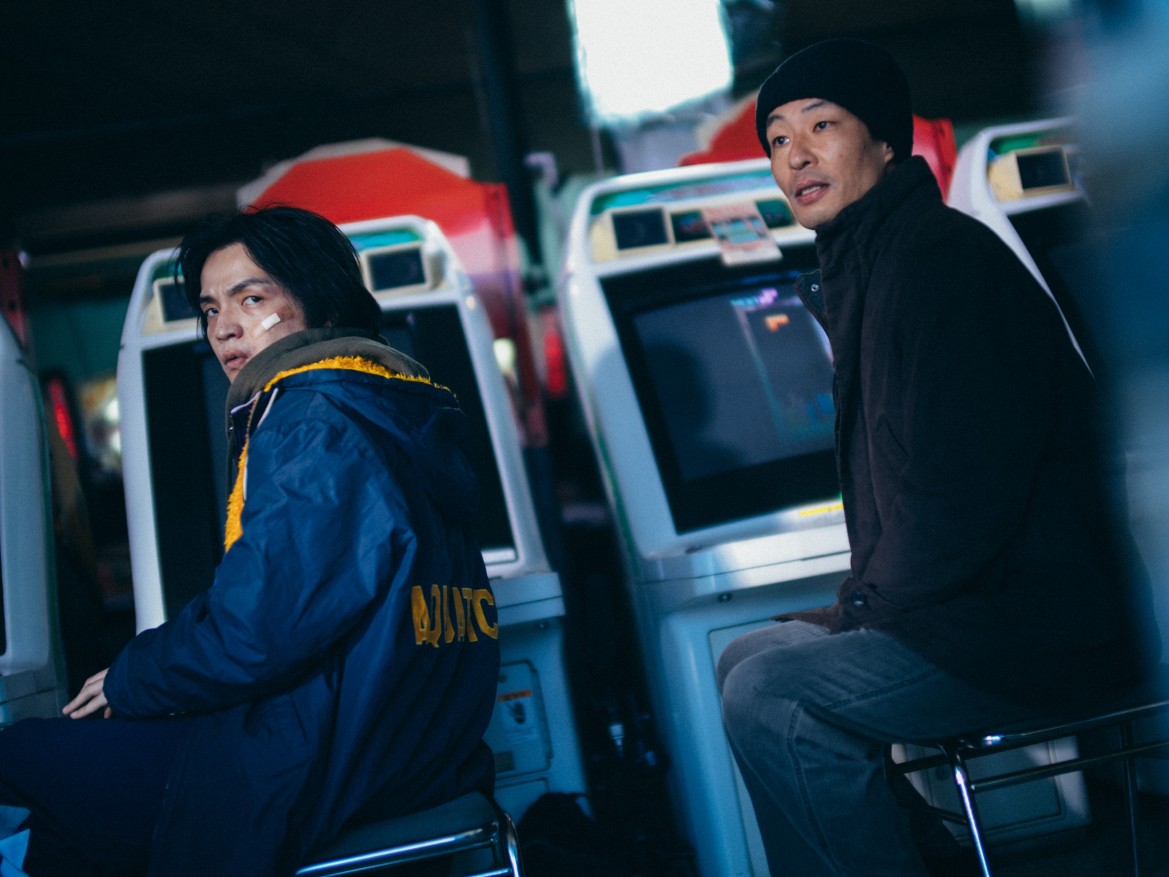
The Apocalypse According to Kiyoshi Kurosawa
20 Nov 2024
Reading 3 min.
After passing through the Venice Film Festival and of course through Sitges, Kiyoshi Kurosawa’s latest work, Cloud, arrives at the movie theatres of our country. On the occasion of this technothriller, which flirts with action cinema and dark comedy, we explore the recurring elements in the filmography of one of the most prominent Japanese filmmakers of his generation – by Andreu Marves
If Kiyoshi Kurosawa is considered an auteur, it is not only because of the quality of his films, which include some of the best and most unsettling examples of psychological horror from the past thirty years, nor simply for having created his own unmistakable style—a way of framing the fantastical within everyday contexts that is as recognizable as it is inimitable—but for the extreme thematic and formal consistency of his work. The result is a vision of the world that is idiosyncratic, hard to verbalize or define, with its derivations and contradictions explored film by film, like a kind of psychoanalytic investigation into the mind of the Japanese filmmaker. Kurosawa’s universe is one subjected to a silent apocalypse, a slow disintegration of the social fabric brought about by the isolation and loss of empathy among his characters. Despite the enigmatic nature of his images, his cinema maintains a clear dialogue with Japan’s history—a nation marked by the legacy of imperialism and World War II, turned into a testing ground for a particularly ruthless brand of neoliberal capitalism.
Demonstrating his talent for transplanting his recurring themes into diverse genres, in Tokyo Sonata he used the conventions of domestic drama to offer his most explicit diagnosis to date: during the economic crisis, a family man loses his office job and, ashamed to admit it, starts working as a janitor in secret; a lie mirrored by those of his wife and children, all of whom are prisoners of cultural expectations, until their home tears apart from within. The filmmaker’s vision of family is far from optimistic, but it never loses sight of the social context in which it is embedded, often serving to crystallize abstract external influences into a dramatic unit.
Within genre filmmaking, specifically psychological thrillers, the family in Creepy faces a sinister neighbor capable of influencing those around him to commit all sorts of crimes. The archetype of the magnetic stranger not only allows him to personify a kind of everyday evil but also serves as a critique of Japanese society’s passivity, highlighting its complicity in the country’s violent history. Kurosawa’s greatest exploration of this issue is also his first major work, Cure, where a hypnotist exploits the insecurities, fears, and resentments of various individuals to make them commit crimes they supposedly would never commit of their own volition. Once again, the perpetrator acts as a kind of blank canvas: his amnesia, which renders him unaware of his identity and even incapable of forming clear motives, also makes him a human conduit for the societal tensions that permeate the story. This homicidal tendency grows among the population, leading to one of Kurosawa’s signature apocalyptic climaxes, dividing the world into those willing to prevail and those who willingly accept their own extinction.
But if we talk about apocalypses, we must mention the greatest achievement of his career: Pulse. In this iconic pinnacle of J-horror, Kurosawa used the then-emerging digital community to depict how a spectral world of images and rumors encroaches on ours, eroding its foundations until it collapses. The role technology plays in our lives offers an intriguing addition to his usual reflections, especially considering its omnipresence in Japanese culture. This year, Cloud promises to revisit this theme through the figure of an online reseller of lost objects, whose way of making a living ultimately puts him in the crosshairs of many of his victims.
2024 has been prolific for Kurosawa: in addition to Cloud, he has delivered the auto-remake Serpent’s Path, a disturbing thriller about kidnappings, and the medium-length film Chime, a masterclass in horror proving no format is too small for him. In it, a cooking instructor frustrated with his work and family life begins hearing an inexplicable chiming after one of his students takes their own life in front of him; the intrusion of this sound upends his entire life. Chime simultaneously distills the best of his filmography and serves as an exercise in abstraction, featuring his most beloved tropes without narrative constraints. The result is pure Kurosawa, a privileged window into the apocalyptic world of the master of psychological horror.
[article taken from the Festival's Official Newspaper of October 10 and 11, 2024]
Previous content
Interview with Alexandre AjaNext content
Interview with Damian McCarthy